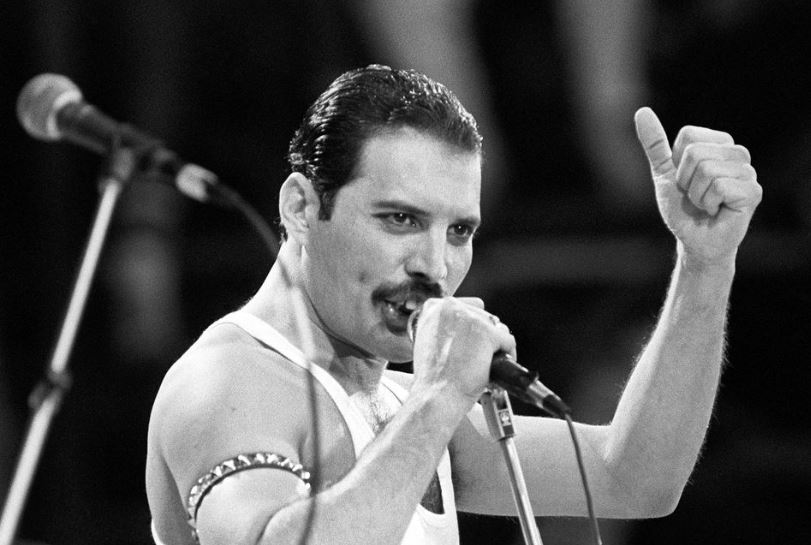During South Asian Heritage Month, the University of Kent is glad to celebrate the immense contributions British South Asians have made to UK society, politics, culture, healthcare, and many other areas for decades. In this blog, we would like to highlight ten extraordinary British South Asian figures in UK-SA history.
18th Century
Sake Dean Mahomed (1759–1851)
Mahomed was an Indian surgeon, entrepreneur, and one of the most notable early immigrants to Europe. He introduced Indian cuisine and shampoo baths to Europe, as well as offering therapeutic massage. He was also the first Indian person to publish a book in English.
Learn more about Sake Dean Mahomed here
19th Century
Dadabhai Naoroji (1825 – 1917)
Also known as the ”Grand Old Man of India”, Naoroji was an Indian political leader, merchant, scholar, and writer. He was also a Liberal Party Member of Parliament in the United Kingdom House of Commons between 1892 and 1895 and the first Asian to be a British MP. Naoroji is renowned for his work in the Indian National Congress, of which he was one of the founding members and thrice president – 1886, 1893 and 1906.
Learn more about Dadabhai Naoroji here
Maharajah Duleep Singh (1838 – 1893)
The Maharajah was born in Lahore and came to the throne of the Punjab at only five years old. After the annexation of the Punjab to British territories, the Maharajah was exiled to England in 1854 and looked upon as an adopted son of Queen Victoria. His relationship with the British establishment was fraught due to their manipulations and the terror of the Anglo-Sikh war.
Learn more about Maharajah Duleep Singh here
Cornelia Sorabji (1866 – 1954)
Sorabji was the first woman to study law at Oxford University in 1889, having fought a long battle to sit the law exam alongside her male colleagues. This was the first victory for opening up the profession to women and equality in higher education. She retired in Britain in the 1930s, working as a writer and broadcaster.
Learn more about Cornelia Sorabji here
Frederick Akbar Mahomed (1872 – 1884)
The grandson of Sake Dean Mahomed, Mahomed was an Englishman of mixed Indian and Irish descent who made substantial contributions to the study of high blood pressure. He also initiated the Collective Investigation Record for the British Medical Association, the precursor of modern collaborative clinical trials.
Learn more about Frederick Akbar Mahomed here
Princess Sophia Duleep Singh (1876 – 1948)
Singh is best known as a suffragette and women’s rights campaigner. As the daughter of Maharaja Duleep Singh and goddaughter of the Queen, she used her fame and position in the fight for gender equality in the early 20th century, leading movements such as the Women’s Tax Resistance League. Singh also volunteered as a British Red Cross nurse.
Learn more about Princess Sophia Duleep Singh here
20th Century
Aftab Ali (1907 – 1972)
Ali was an early 20th-century Bengali social reformer, British Indian and East Pakistani politician, and entrepreneur. His work is recognised to have helped thousands of British South Asian lascars to migrate, settle and find employment in Britain.
Learn more about Aftab Ali here
Shah Abdul Majod Quershi (1915 – 2003)
Quershi was an early British-Bangladeshi restaurateur and social reformer. He is notable for being involved in the early politics of British Asians and pioneering social welfare work for the working-class diaspora in the United Kingdom. He was the first ever Sylheti to open up a restaurant in the United Kingdom, and his restaurants were one of the earliest Indian restaurants at the time.
Learn more about Shah Abdul Majod Quershi here
Freddie Mercury (1946 – 1991)
Born Farrokh Bulsara, Mercury was a British singer, songwriter, record producer and the lead vocalist of the rock band Queen. Regarded as one of the greatest singers in the history of rock music with his four-octave range and ‘flamboyant’ stage persona, Mercury’s later private battle with AIDS and death shocked the world.
Learn more about Freddie Mercury here
Shivananda Khan OBE (1948 – 2013)
Khan is renowned for his life-long activist work for queer and South Asian rights. Whilst attending university, Khan became the first gay South Asian sex worker in Manchester. Disenfranchised by the treatment of sexual minorities of South Asian descent in the West, Khan co-founded Shakti in 1998, a collective for South Asian gay and lesbian people, alongside Poulomi Desai. He further founded the Naz Foundation with Desai in 1991, and was made an OBE in 2005.
Learn more about Shivananda Khan OBE here
If you are interested in gaining a further understanding of the rich history of South Asians in Britain, the British Library has a wealth of resources here: https://www.bl.uk/asians-in-britain.
